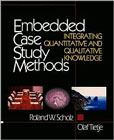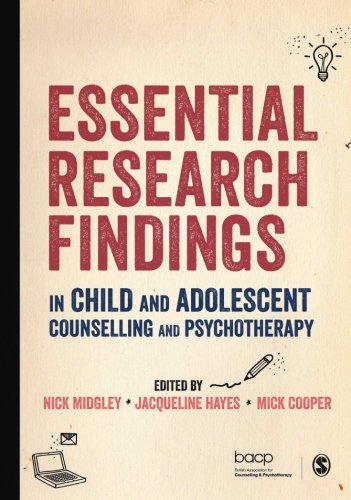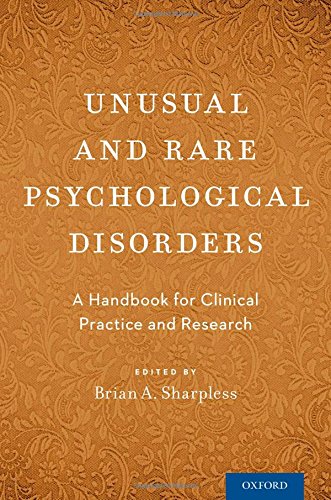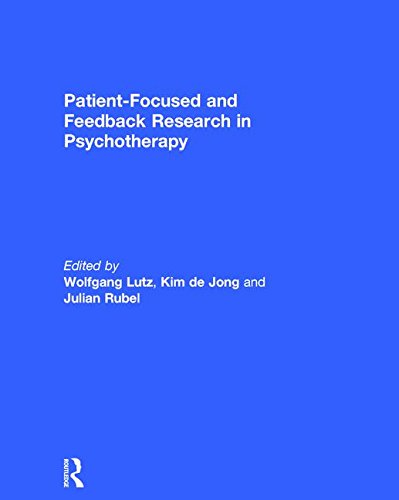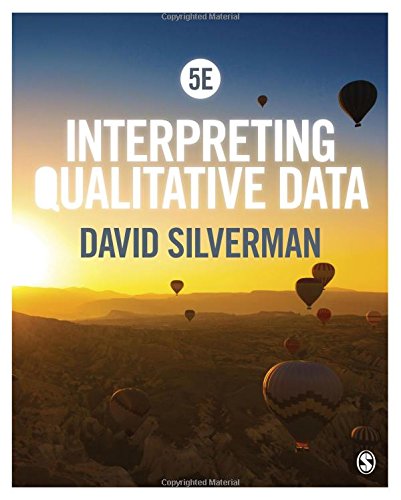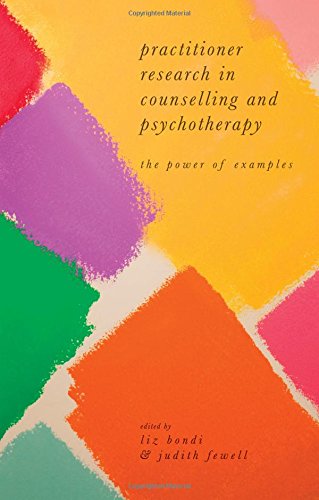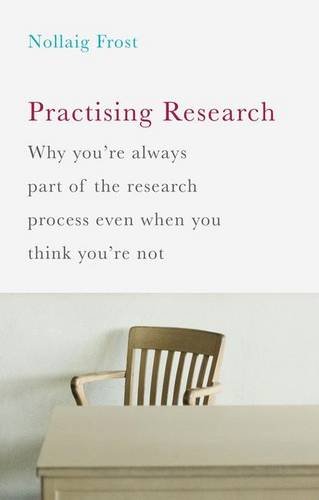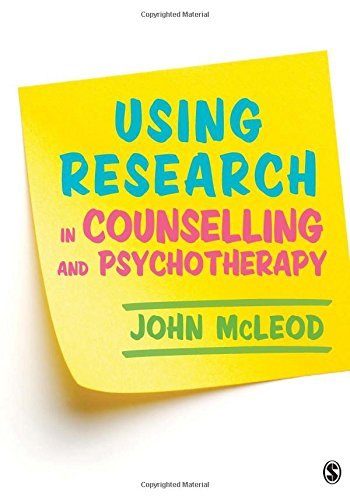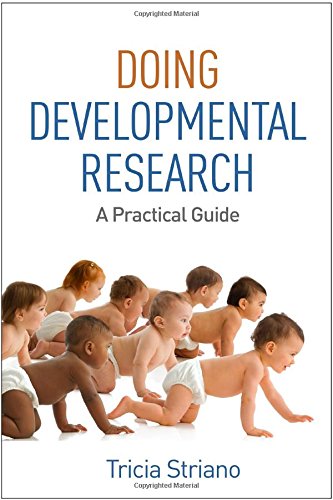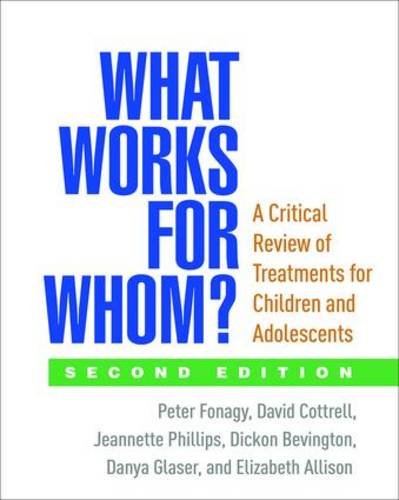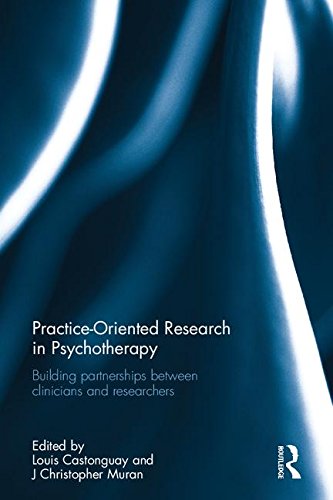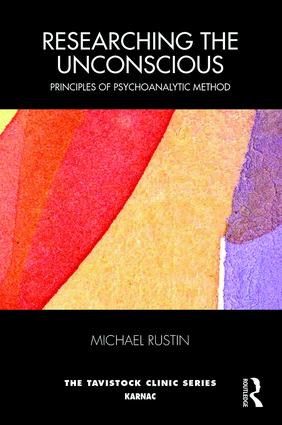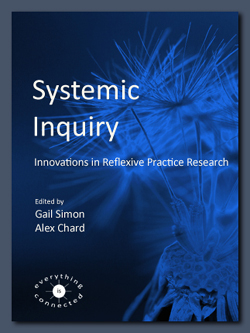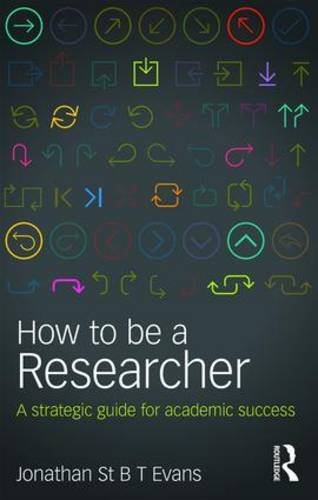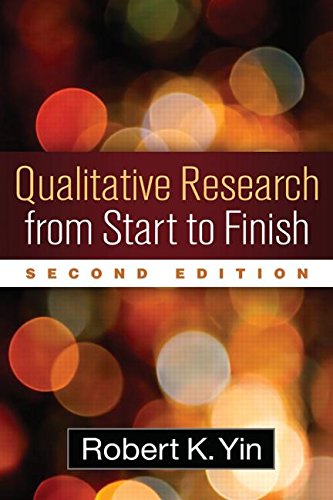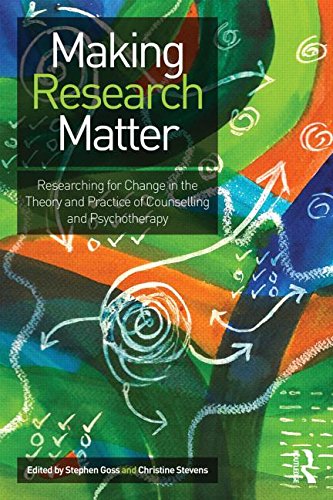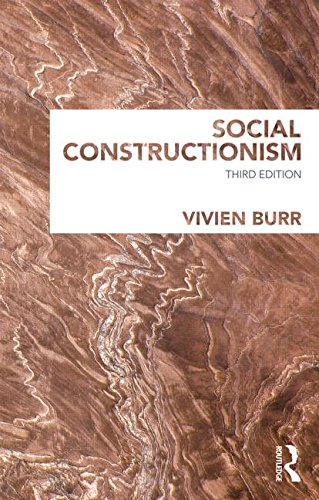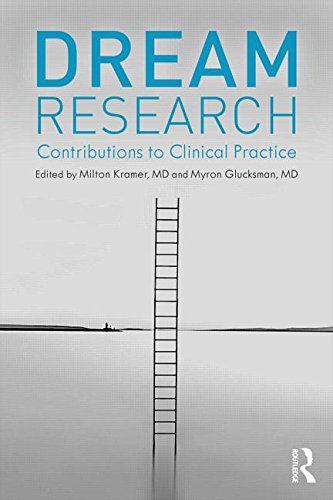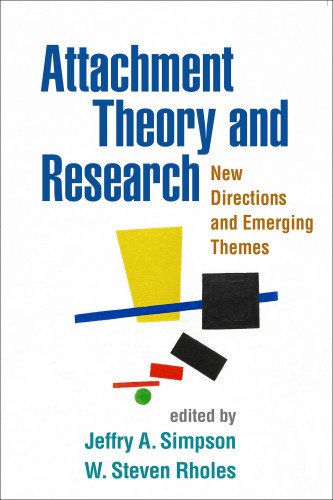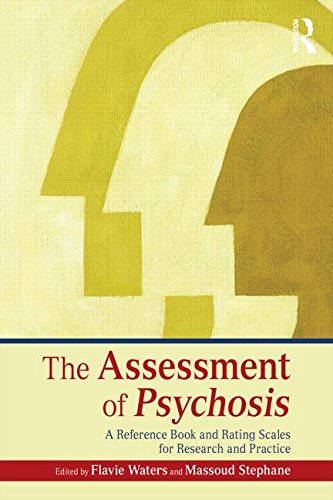Research Books
Essential Research Findings in Child and Adolescent Counselling and Psychotherapy
What can child and adolescent counsellors and therapists learn from research? What evidence is there for the effectiveness of different therapies and techniques? How can developmental or neuroscience... (more)
Unusual and Rare Psychological Disorders: A Handbook for Clinical Practice and Research
Many fascinating and important psychological disorders are either omitted from our current diagnostic systems or rarely covered during graduate or medical training. As a result, most mental health... (more)
Patient-Focused and Feedback Research in Psychotherapy
In the last 15 years feedback interventions have had a significant impact on the field of psychotherapy research and have demonstrated their potential to enhance treatment outcomes, especially for... (more)
Interpreting Qualitative Data: Fifth Edition
In this fifth edition of his field-defining text, David Silverman, a true guru of qualitative research, walks the reader through the basics of gathering and analyzing qualitative data. The book... (more)
Practitioner Research in Counselling and Psychotherapy: The Power of Examples
This evocative and thought-provoking book calls for an overhaul of how counselling and psychotherapy research is framed and conducted. Packed full of first-hand examples from a wealth of different... (more)
Practising Research: Why You're Always Part of the Research Process Even When You Think You're Not
This book considers the impact of the researcher on the research process. Featuring classic and contemporary examples, interviews with experienced researchers, and practical tips and hints, it equips... (more)
Using Research in Counselling and Psychotherapy
In this book bestselling author John McLeod examines the multiple ways in which research can be used to inform and enhance counselling practice. The author discusses how research impacts on policy... (more)
Doing Developmental Research: A Practical Guide
Addressing practical issues rarely covered in methods texts, this user-friendly, jargon-free book helps students and beginning researchers plan infant and child development studies and get them done.... (more)
What Works for Whom? A Critical Review of Treatments for Children and Adolescents: Second Edition
The standard reference in the field, this acclaimed work synthesizes findings from hundreds of carefully selected studies of mental health treatments for children and adolescents. Chapters on... (more)
Practice-Oriented Research in Psychotherapy: Building Partnerships Between Clinicians and Researchers
The wide gap between science and practice in psychotherapy is due in part to the one-way direction that has mostly defined the connection between researchers and clinicians, with researchers... (more)
Researching the Unconscious: Principles of Psychoanalytic Method
Researching the Unconscious provides an exposition of key issues in the philosophy and methods of the social sciences which are relevant to psychoanalysis as both a clinical practice and a human... (more)
Online Research Methods for Psychologists
Featuring a wealth of examples and practical advice, this is the best possible resource for students conducting research online. Bringing together key topics, this student-friendly textbook guides... (more)
The Research Journey of Acceptance and Commitment Therapy
With a Foreword by Steven C. Hayes. In 1986 the first research study investigating Acceptance and Commitment Therapy (ACT) was published. It aimed to determine if an early conceptualization of the... (more)
Further Researching Beneath the Surface: Psycho-Social Research Methods in Practice - Volume 2
Contributions in this volume cover ways of knowing, the dynamics of research encounters, new methods of psycho-social inquiry, and the first-hand experience of being a researcher. Since the first... (more)
Systemic Inquiry: Innovations in Reflexive Practice Research
This collection has been written by eminent members of the systemic communities to inspire reflexive practitioners and offer leading edge systemic research methodology with innovative approaches to... (more)
How to be a Researcher: A Strategic Guide for Academic Success: Second Edition
How to be a Researcher provides a strategic guide to the conduct of a successful research career within a university environment. Based on the author's extensive personal experience, it offers... (more)
Qualitative Research from Start to Finish: Second Edition
This book will help readers to practice qualitative research - whether they want to do it, teach it, or just learn about it. All the major research phases are encompassed (startup, design, data... (more)
Making Research Matter: Researching for Change in the Theory and Practice of Counselling and Psychotherapy
Making Research Matter is an original contribution to the growing field of work-based learning with a focus on research aimed at developing the practice of counselling and psychotherapy addressing... (more)
Knowing Mothers: Researching Maternal Identity Change
How do women experience the identity changes involved in becoming mothers for the first time? When this is the question of an empirical research project, it poses methodological challenges: how can... (more)
Social Constructionism: Third Edition
Now in its third edition, this successful book introduces students to the area of social science theory and research known as social constructionism. Using a variety of examples from everyday... (more)
Dream Research: Contributions to Clinical Practice
This edited volume shows the relationship between dream research and its usefulness in treating patients. Milton Kramer and Myron Glucksman show that there is support for searching for the meanings... (more)
Attachment Theory and Research: New Directions and Emerging Themes
This volume showcases the latest theoretical and empirical work from some of the top scholars in attachment. Extending classic themes and describing important new applications, the book examines... (more)
The Assessment of Psychosis: A Reference Book and Rating Scales for Research and Practice
This book reviews the descriptive features of psychotic symptoms in various medical conditions (psychiatric, early psychosis, general medical, neurological and dementia), non-medical settings... (more)
Visions in Psychotherapy Research and Practice: Reflections from Presidents of the Society for Psychotherapy Research
The Society for Psychotherapy Research (SPR) is devoted to the development and dissemination of research, as well as the integration of empirical, theoretical, and clinical knowledge in... (more)
Doing Mental Health Research With Children and Adolescents: A Guide to Qualitative Methods
Researching child and adolescent mental health can be a daunting task, but with the right practical skills and knowledge your students can transform the way they work with children and young people,... (more)


